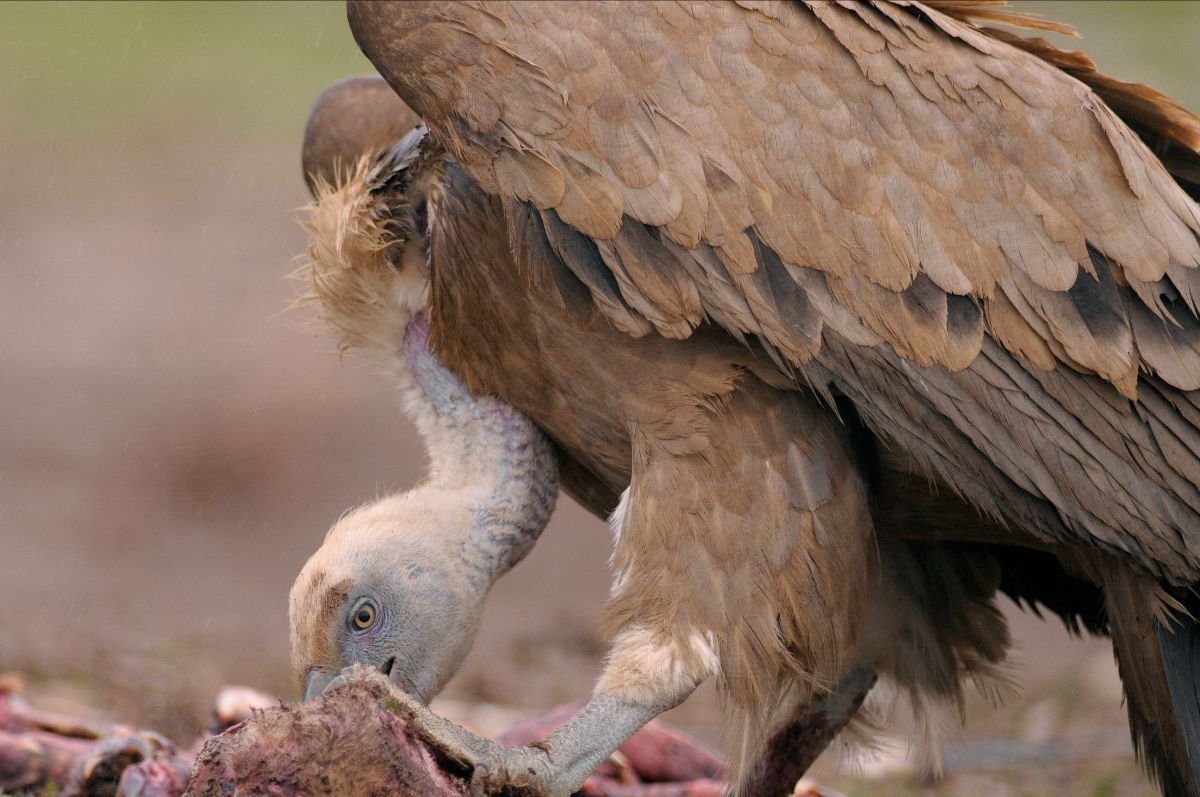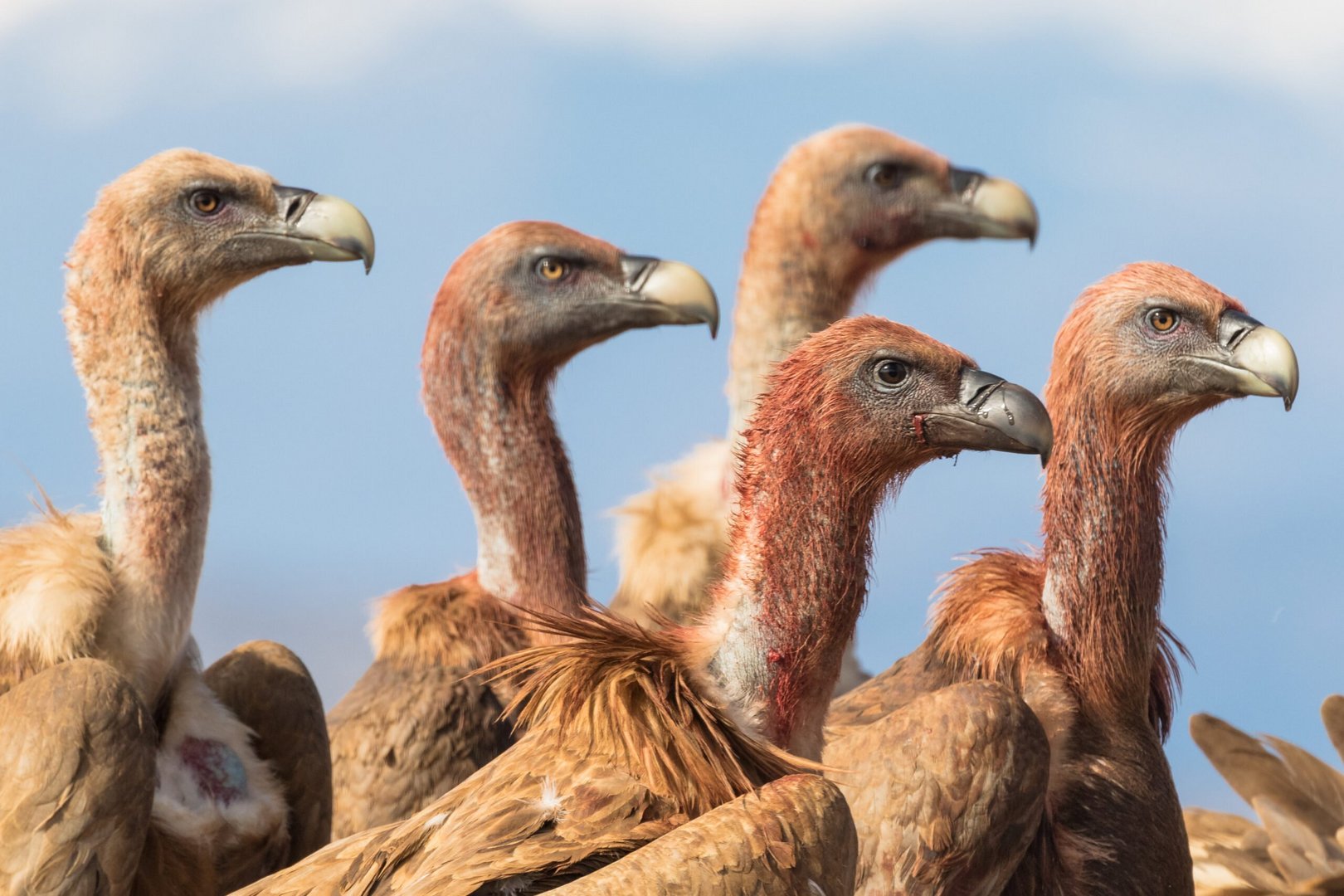New study shows how vultures reduce carbon footprint and promote tourism
Helping the island’s Griffon vulture population to recover not only cleans up nature from dead carrion and saves farmers money, but can also contribute to promoting eco-tourism according to a new report made public by BirdLife on Tuesday.
The study on the contribution of Griffon vultures to the ecosystem services in Cyprus was prepared by the Vulture Conservation Foundation as part of the EU-supported Life with Vultures project aiming at the survival of the endangered species in Cyprus.
Obligate scavengers (i.e. those that survive solely from eating dead animals) such as Griffon vultures consume large amounts of carrion derived from animal carcasses.
This maintains the transfer of energy through food webs and supports important ecosystem services such as nutrient recycling, removal of soil and water contaminants and regulates the development and spread of diseases and populations of facultative scavengers such as foxes.
As such, vultures provide an efficient, cost-effective and environmentally beneficial carcass disposal service, which is positively valued by livestock farmers, the report notes.
The report estimates that 17,440 dead sheep and goats that do not enter the human food chain are currently collected by vehicle and disposed of by a designated carcass disposal service from the overall foraging range of Griffon vultures in Cyprus each year.
Within the core foraging range, this equates to an average of 2425±183 dead sheep per year, providing 95 per cent of the food requirements for the long-term population target of 200 individuals if all carcasses are made available to them.
If carcasses were delivered to the nearest vulture feeding site instead of collection and transportation to the carcass processing plant, this would result in a 43 per cent to 61 per cent reduction in travel distance (to 40,749 km per year) and associated CO2 emissions (from 11,080-16,508 t CO2 to 6,361 t CO2 per year) and transport costs (from €24,844-37,013 to €14,262 per year).
Looking at the recreation and tourism related potential to attract birdwatchers and photographers, the study calculates that vulture-based activities to tourism could potentially contribute €648,818 revenue each year, education and research as well as local identity and cultural heritage.
And it cited the results of a community perception survey (601 interviewees) where 81 per cent responded that vultures remove dead animals from the environment, 57 per cent that they increase tourism and specifically agrotourism, while 38 per cent believe that they save money for livestock breeders and farmers.
Although assessing contributions of vultures to ecosystem services is still a relatively new research area, this first attempt to do so in Cyprus has demonstrated that tested methodologies from elsewhere can be applied and that real or proxy data for most of the proposed indicators are available, the report added.
The benefits depend on the size of the population, confirming the importance of protecting the species. It is therefore essential to minimise poisonings, which constitutes the single biggest threat to vultures in Cyprus, BirdLife Cyprus added.
Life with Vultures is co-financed by the EU’s LIFE programme to the tune of €1.37m over the four-year period of 2019 to 2023. Project partners are BirdLife Cyprus as head, the Game and Fauna Service, Terra Cyprus and the Vulture Conservation Foundation.
For the report:
Photos: © Pilar Oliva-Vidal (from BirdLife Cyprus)








Click here to change your cookie preferences